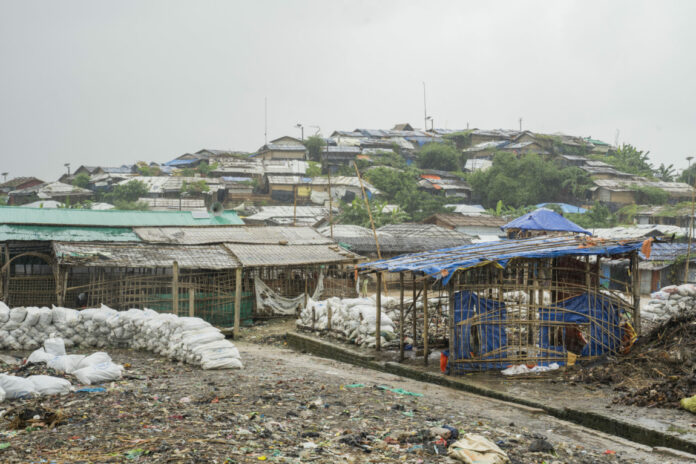
August 24, 2022 marks five years since Rohingya fled the latest and largest campaign of targeted violence against them in Myanmar. Rohingya are still stateless and not officially recognised as refugees, though afforded some protection through UNHCR.
All words, images and videos have been provided by MSF Southern Africa.
Nearly one million people are still living in the same overcrowded and ‘temporary’ bamboo shelters in Bangladesh, dependent on aid, and with little prospects for the future.
RELATED:
After 10 years in camps in Myanmar, Rohingya mental health continues to suffer
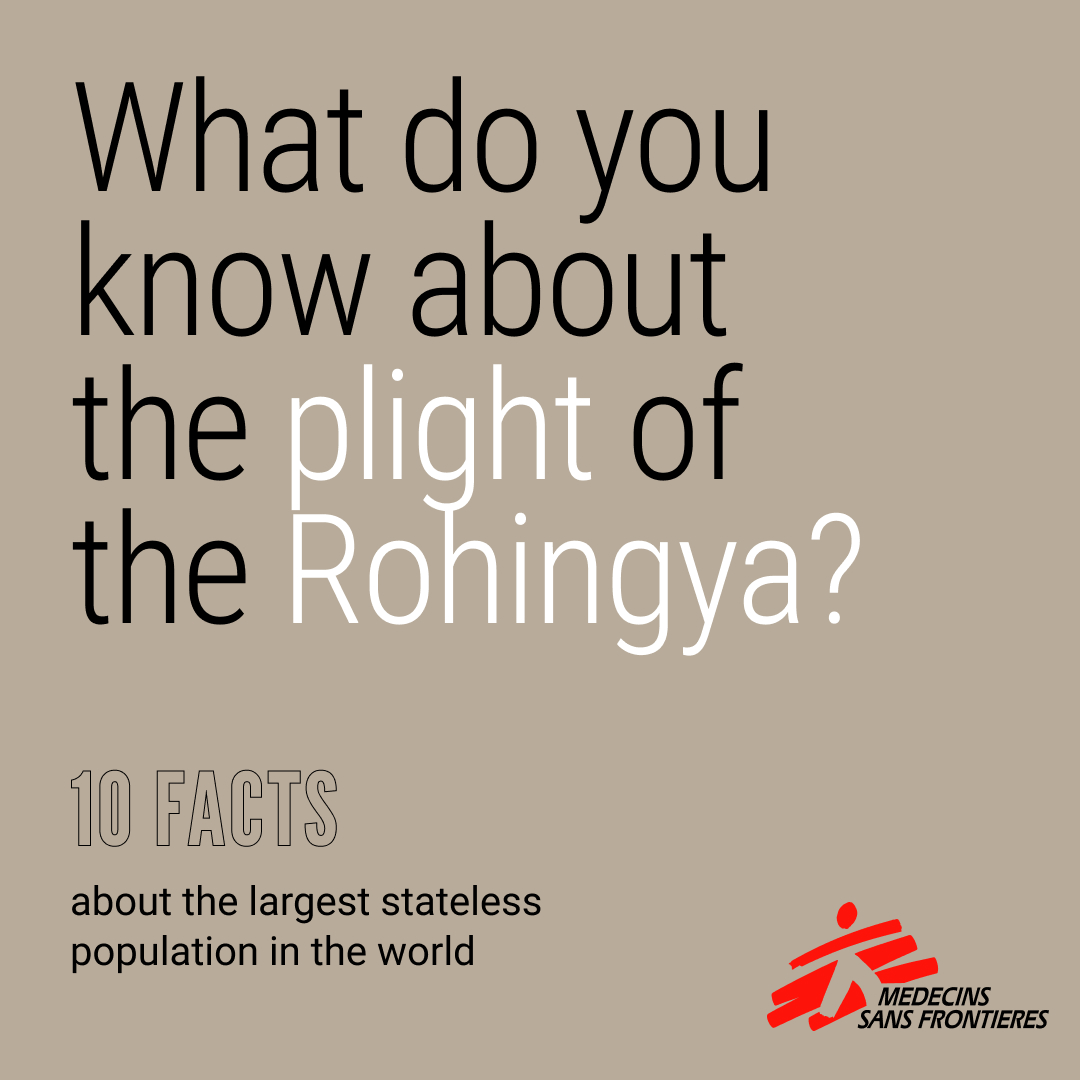
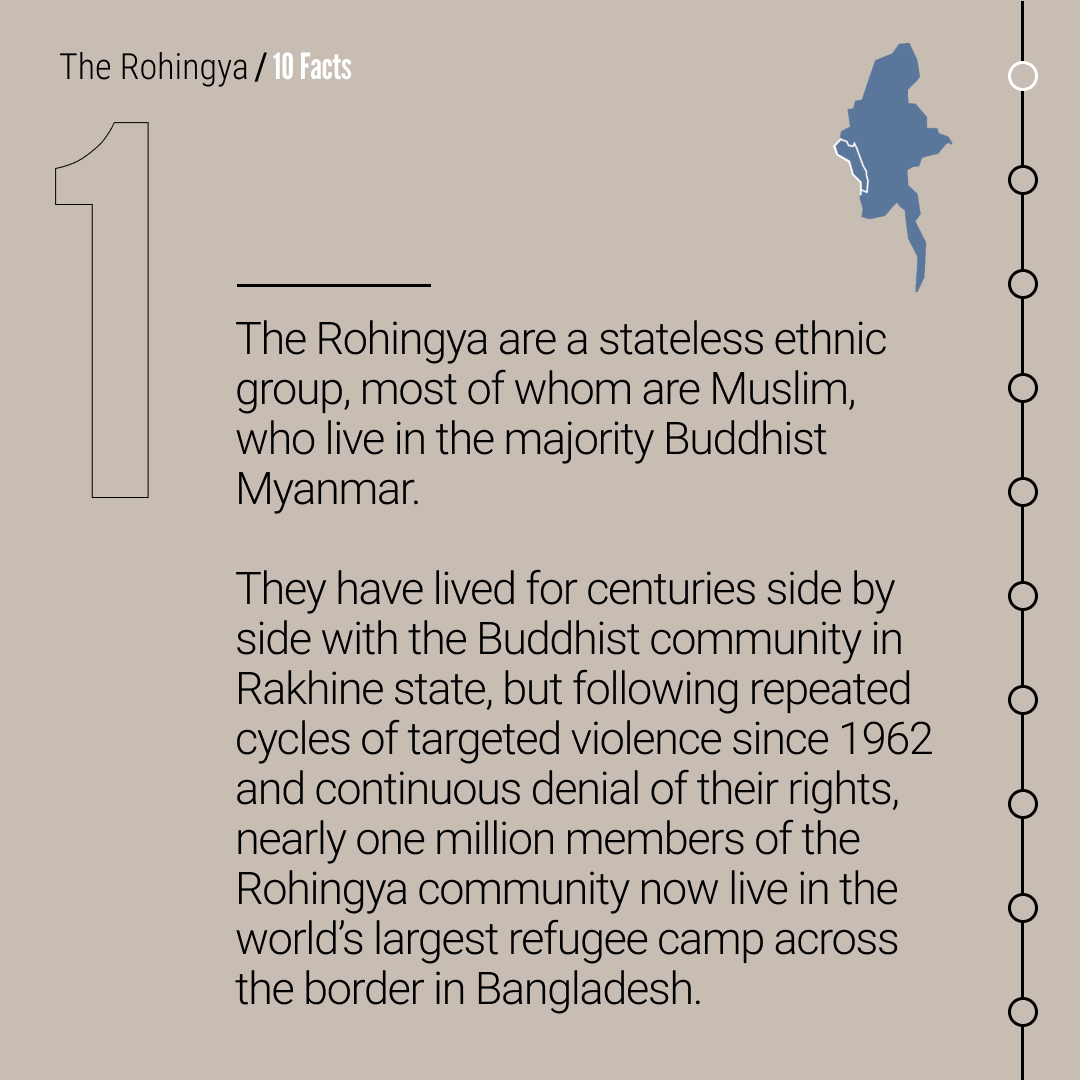
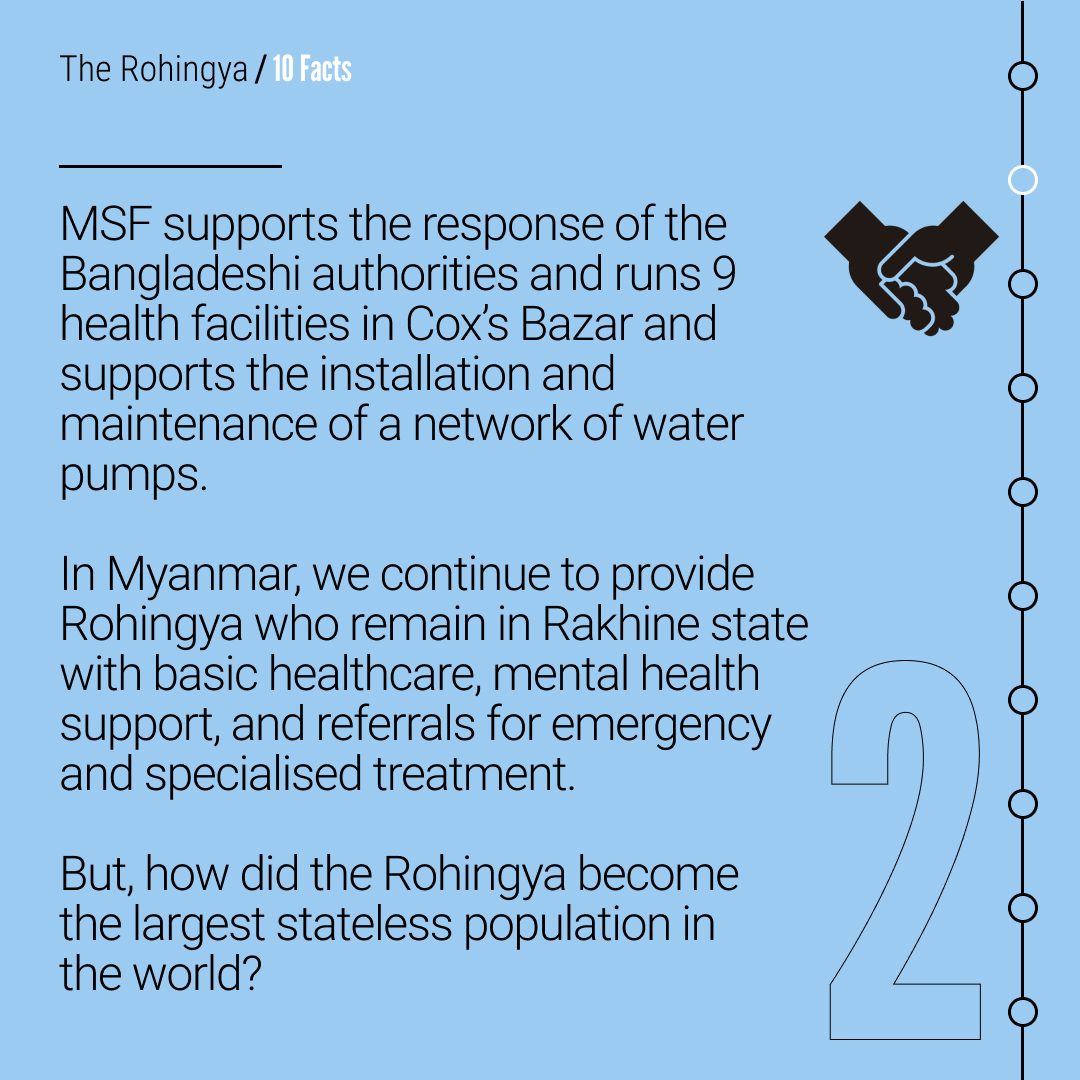
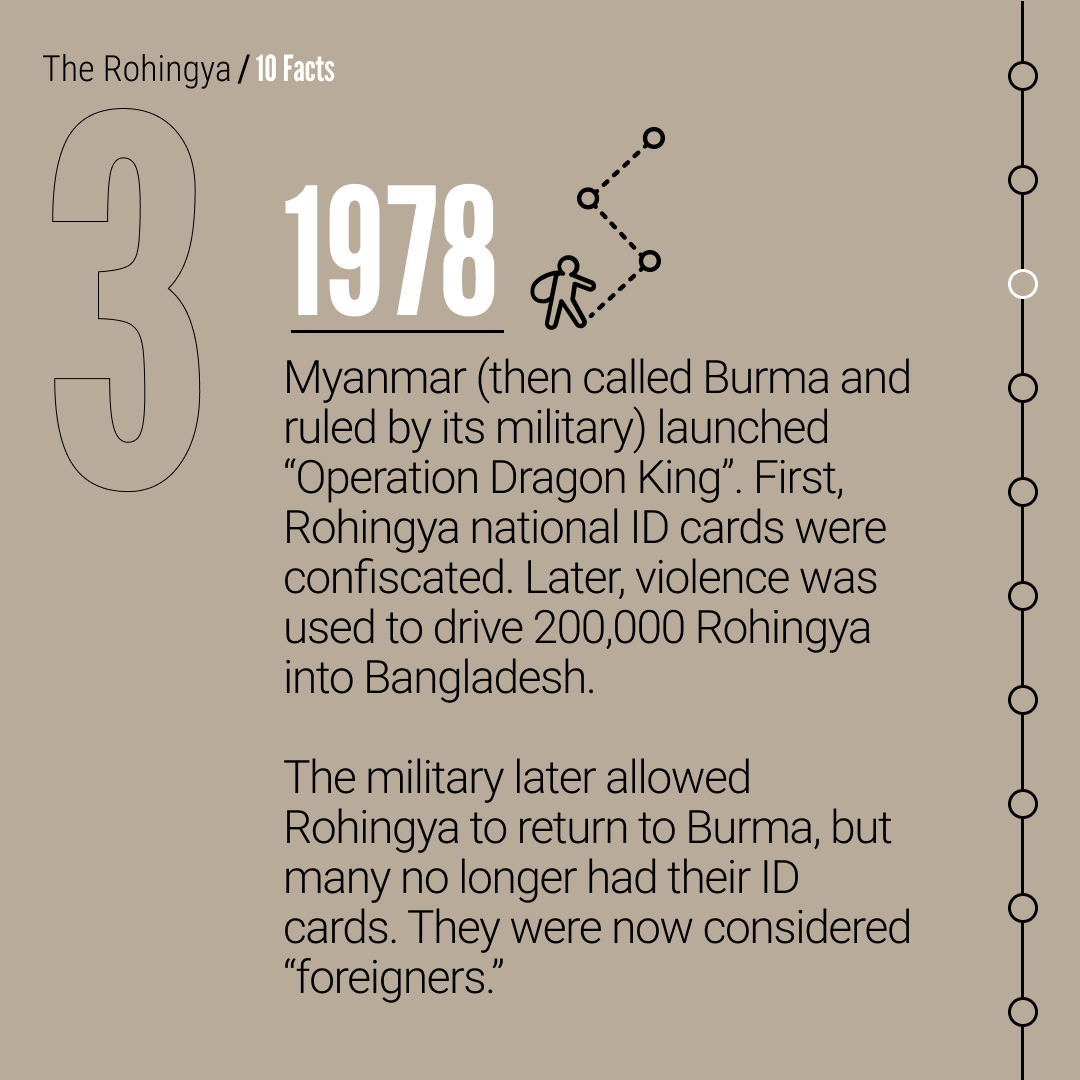
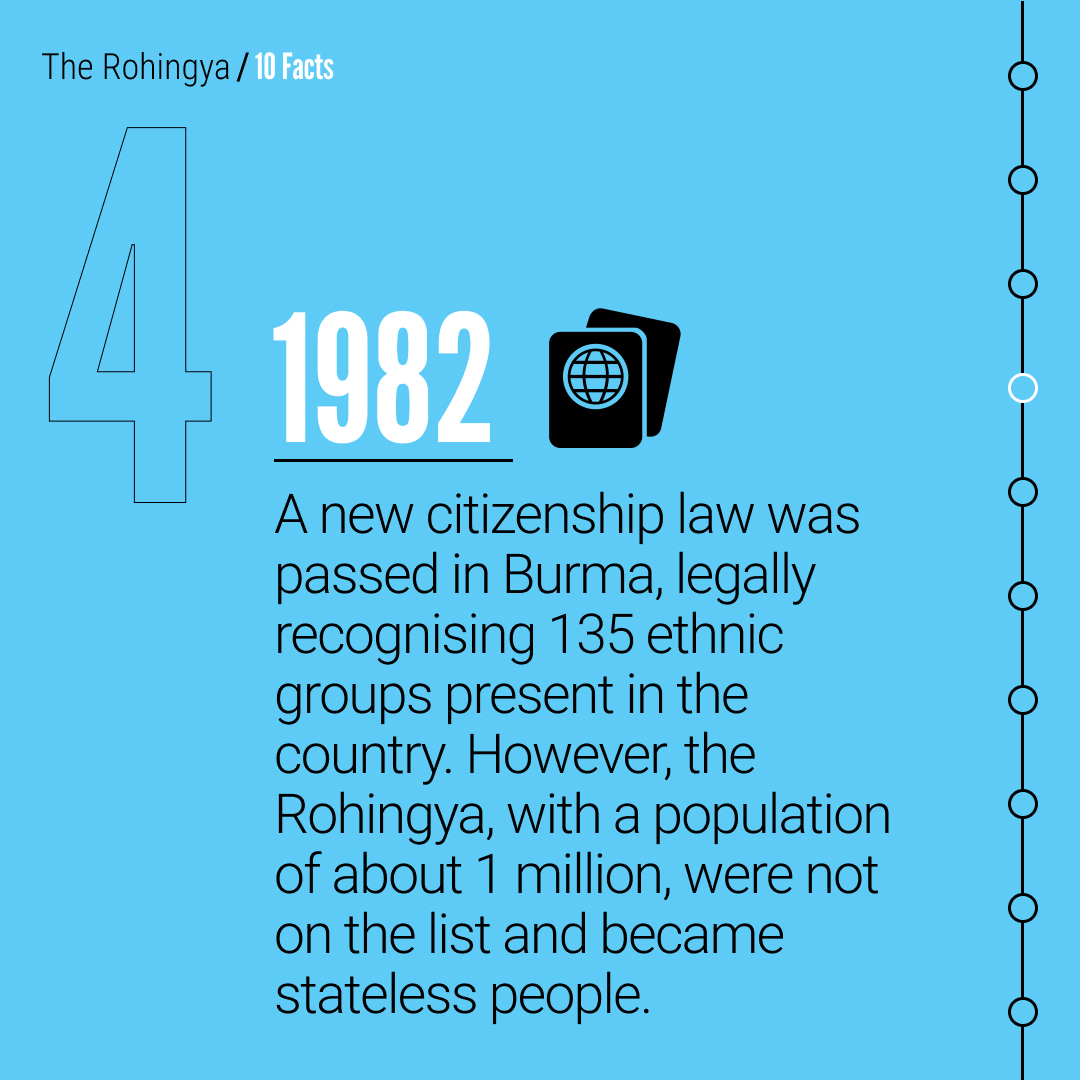
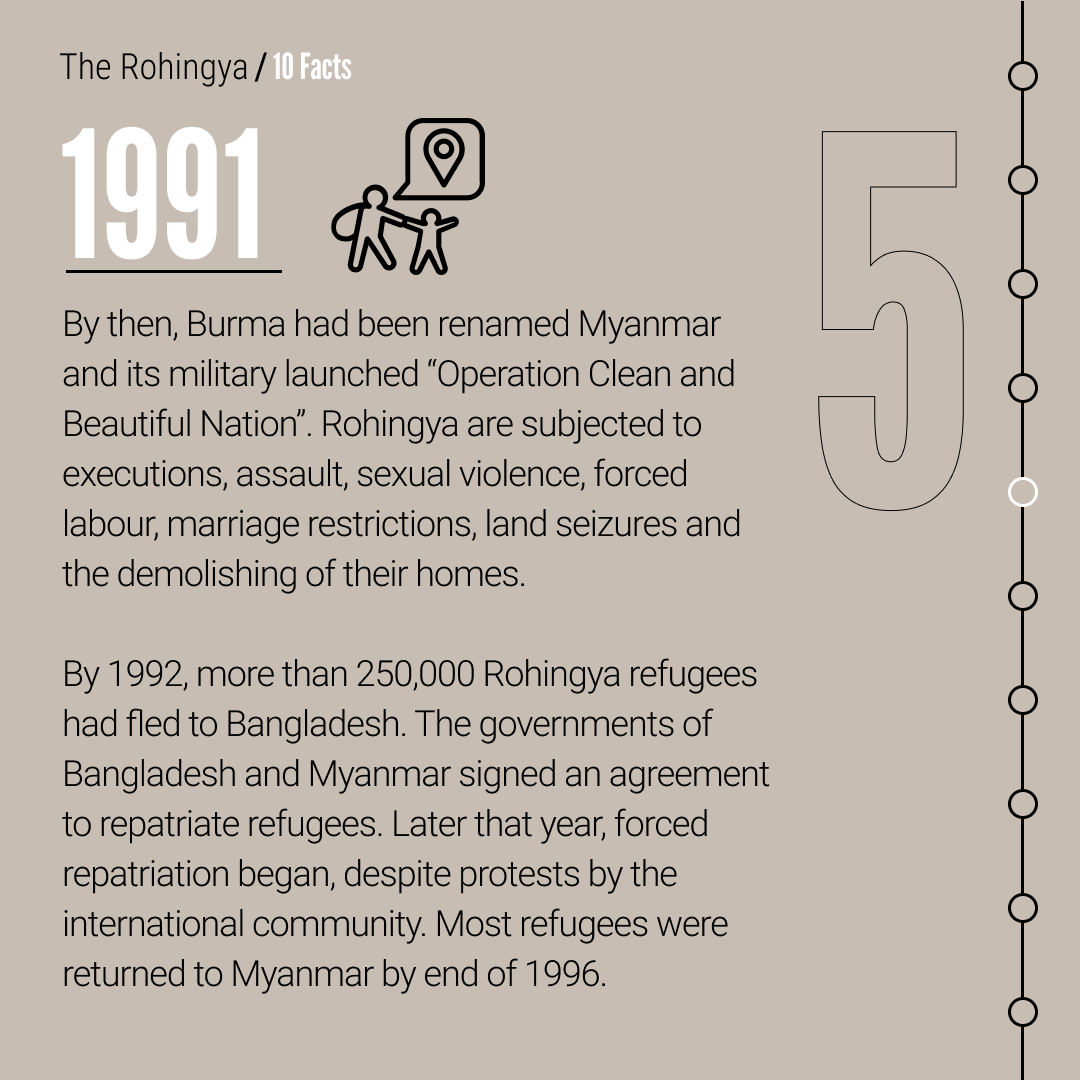
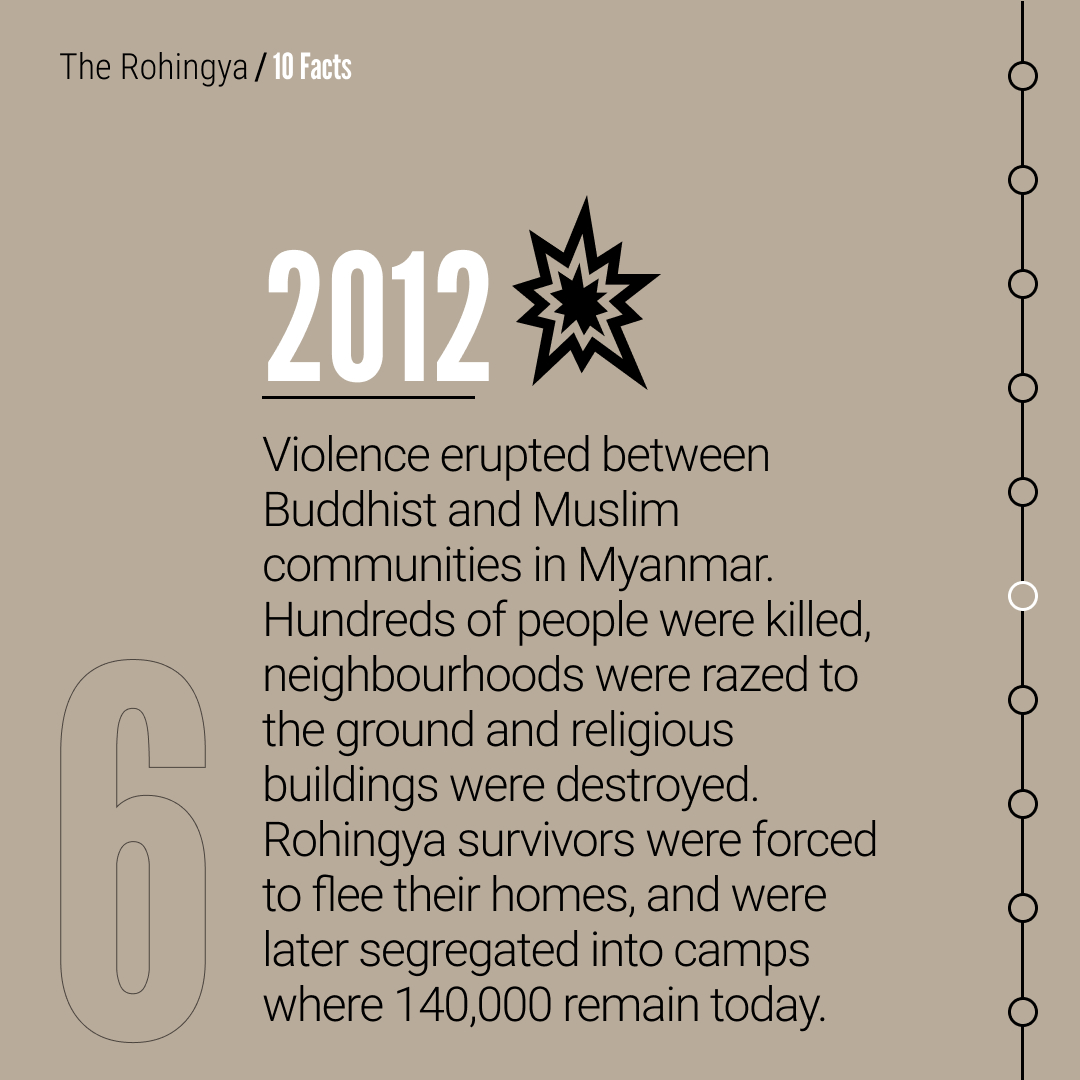
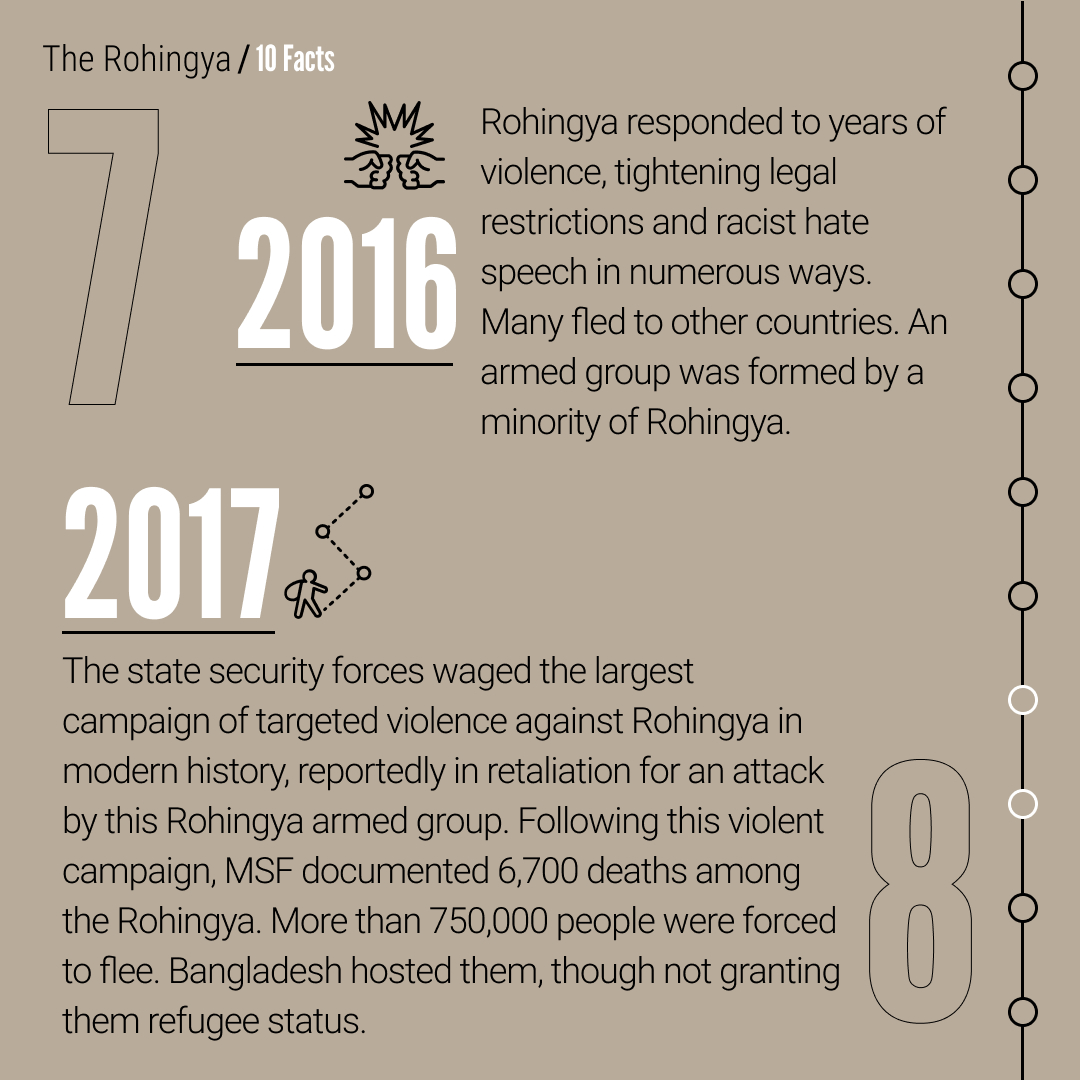
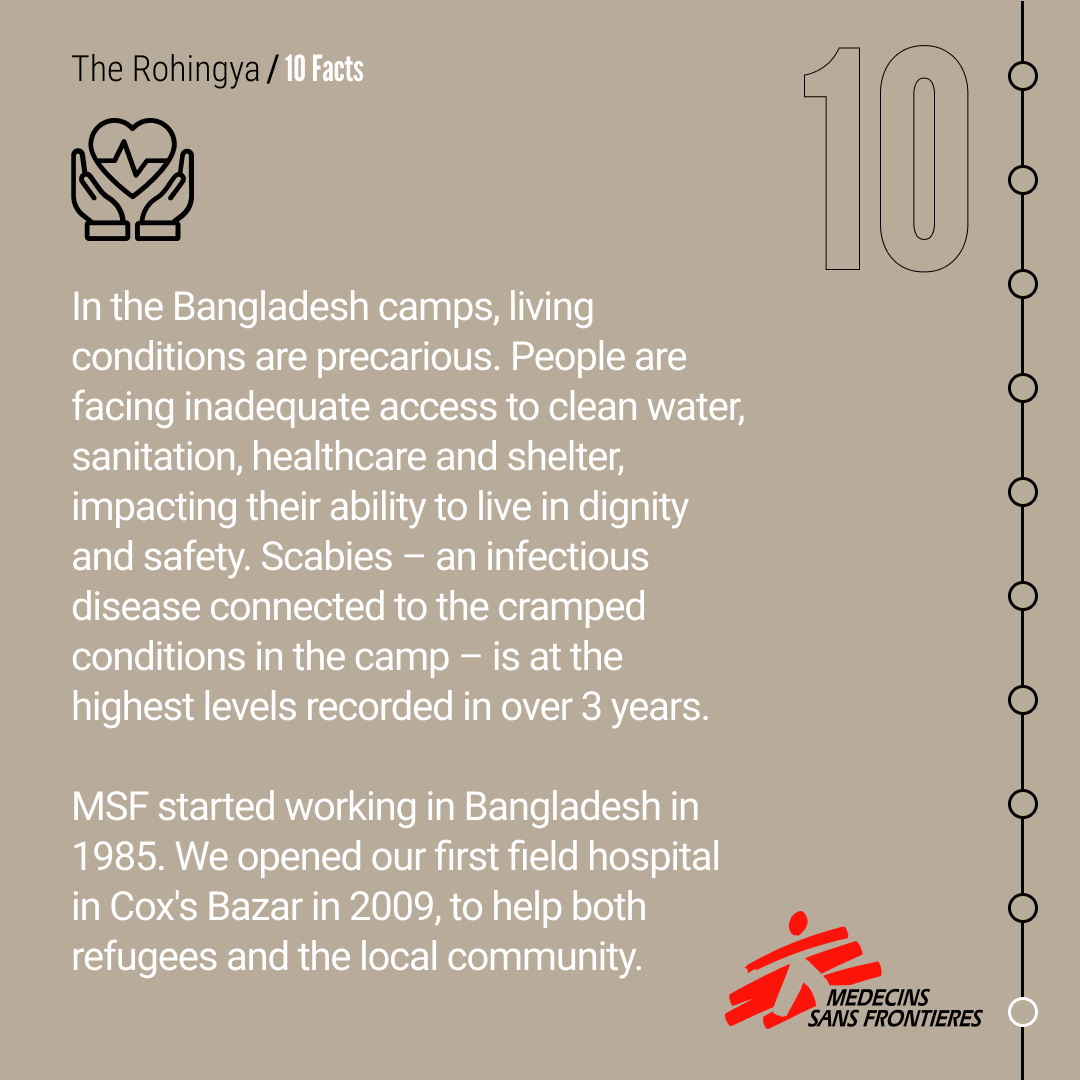
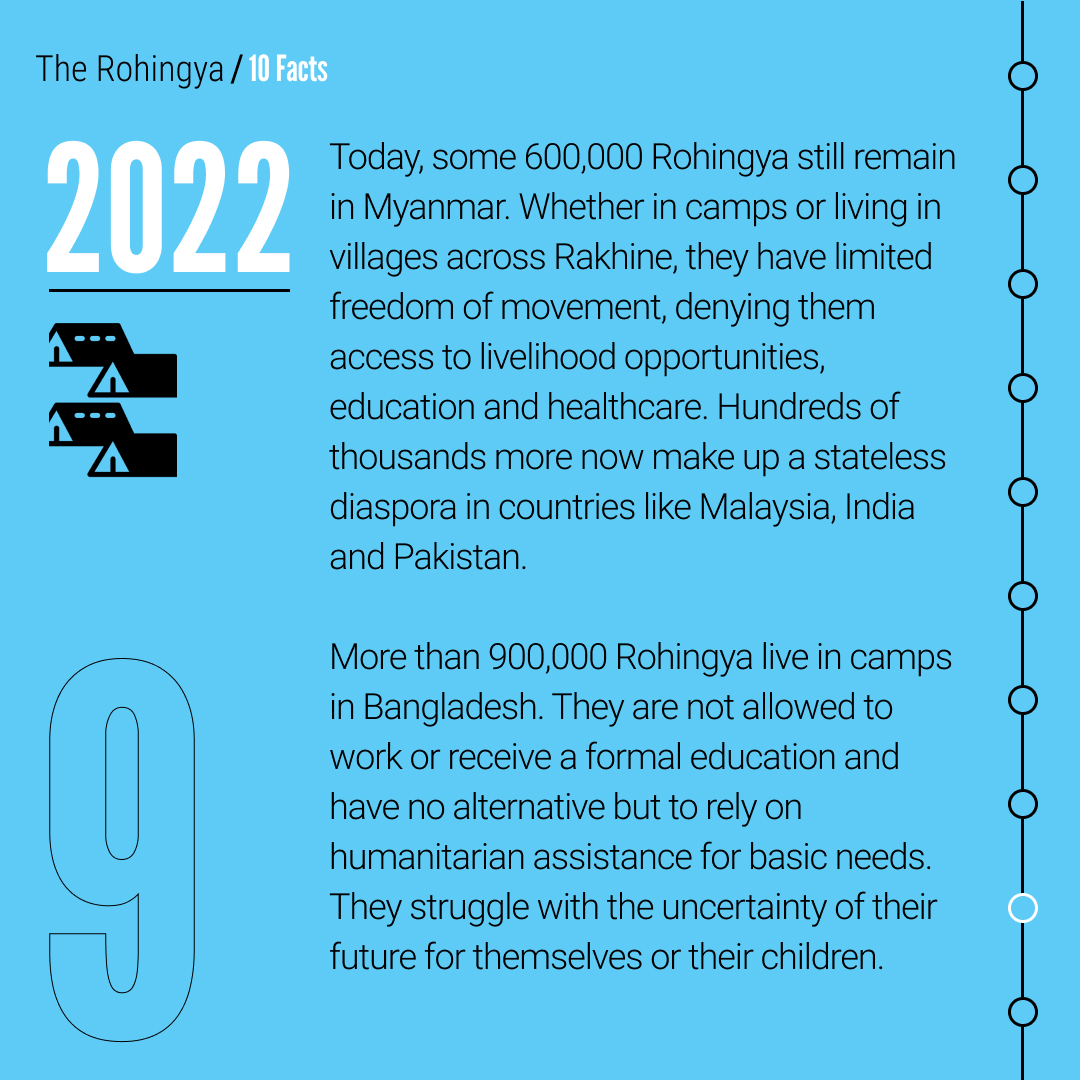
People in the camps have very limited access to employment and education, which has impact on their mental health and fosters a feeling of hopelessness. Their needs are enormous and overwhelming in terms of health, water and sanitation, and protection.
Doctors Without Borders (MSF) teams continue to see the impact of congested and unsanitary camp conditions on the physical and mental health of the Rohingya refugees. Their teams receive an increasing number of people in need of treatment for skin infections (in 2022, the number of scabies cases is the highest they’ve witnessed in over three years), or water-borne diseases and chronic illnesses like diabetes and high blood pressure. We are the largest provider of psychological and psychiatric care to Rohingya refugees in the camps and we have seen numbers increase over the years too.
Mohamed Hussein worked as a civil clerk under the Home Minister’s office in Myanmar for more than 38 years. In 1982, he was stripped of his citizenship because of his ethnicity as a Rohingya. Since then, Mohamed has seen his rights and freedoms eroded. He was forced to flee to Bangladesh and has been in the camps for five years.
“I am old now and will die soon. I wonder if I will see my motherland before I die. My wish is to breathe my last breath in Myanmar. I am not sure if that wish will be fulfilled,” says Mohamed.
“Now that all our rights have been taken away, we are nothing but a walking corpse. The world is made for everyone to live. Today, we have no country of our own despite being human. I am saying to the world, we are just as human as you are. As we were born as humans, we wish to live a dignified life.”








